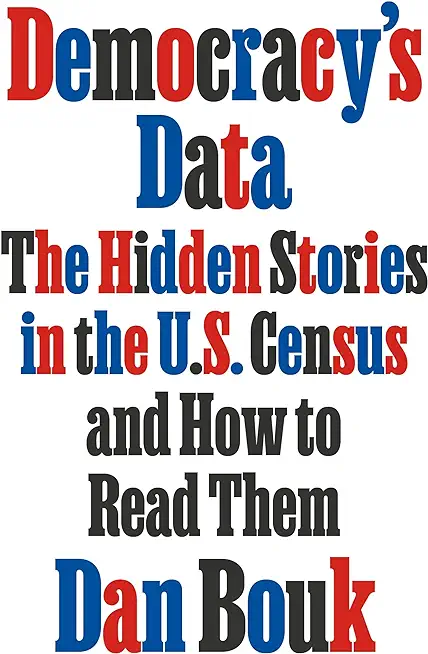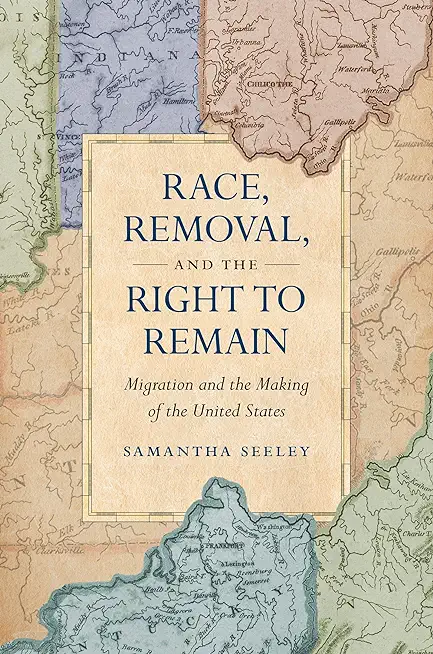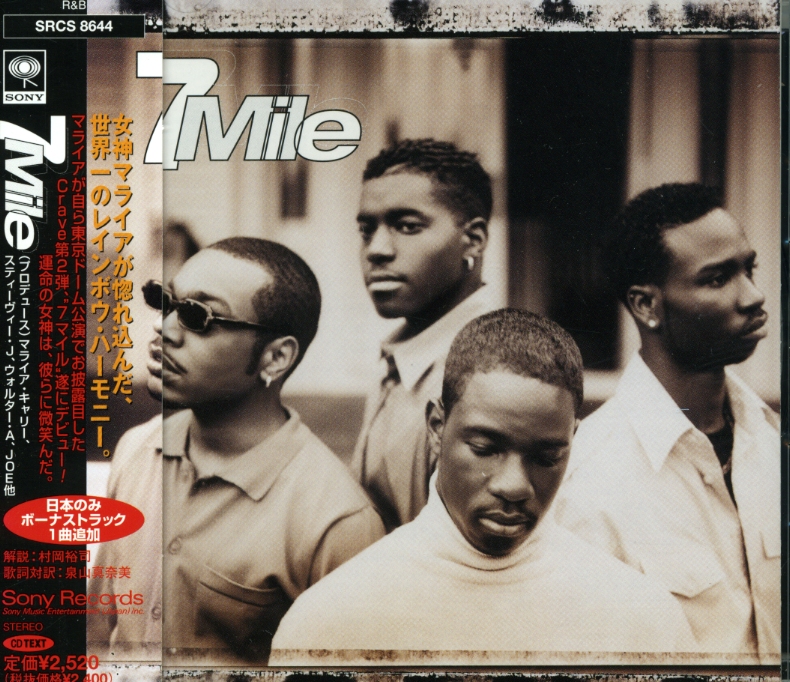
Bouk, Dan
product information
description
lesson in reading between the lines of the U.S. census to uncover the stories behind the data. The census isn't simply data; it's a ritual of American democracy. And behind every neat grid of numbers is a messy human story--you just have to know how to read it. In Democracy's Data, the data historian Dan Bouk examines the crucial 1940 census, uncovering what those numbers both condense and cleverly abstract: a universe of meaning and uncertainty, of cultural negotiation and political struggle. He introduces us to the individuals employed as census takers, bringing us with them as they go door-to-door to make a detailed yet imperfect record of their neighbors' lives. He takes us into the makeshift halls of the Census Bureau, where hundreds of civil servants labored with pencils, paper, and machines to divide and conquer the nation's data. And he uses a series of data points to paint bigger pictures about the systems that govern us, such as the unchecked influence of white supremacy, the place of queer people within straight systems, and the struggle of ordinary people to be seen by the state as they see themselves. In our age of constant quantification, Democracy's Data teaches us how to read between the lines, and renews our perspective on the relationships between representation, identity, and governance.
member goods
No member items were found under this heading.
Return Policy
All sales are final
Shipping
No special shipping considerations available.
Shipping fees determined at checkout.







